“I Really Felt Like I Was Using My Writing for Good”
Christensen details strategies to encourage students to write essays that matter while they investigate decades of housing discrimination in their neighborhood.
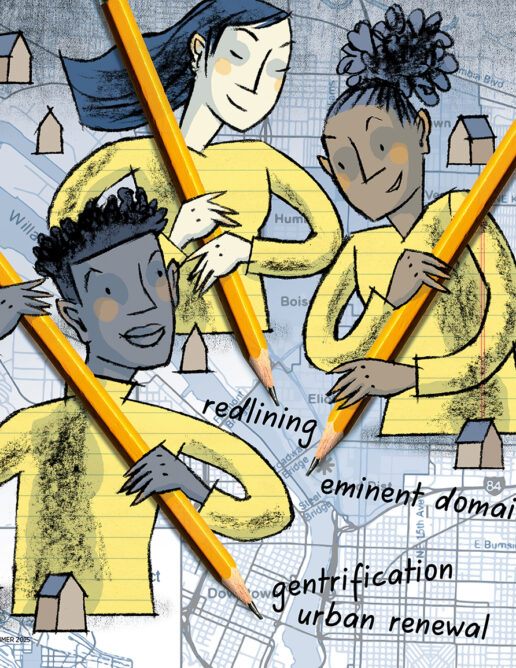
Christensen details strategies to encourage students to write essays that matter while they investigate decades of housing discrimination in their neighborhood.
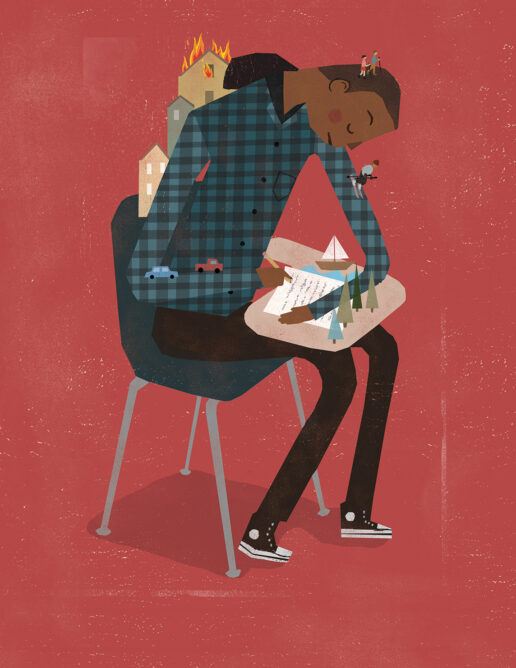
Christensen teaches the writing process by encouraging students to celebrate beloved places with the haibun, a Japanese poetic form.

A high school English teacher describes how she encouraged students to disrupt and speak out against rape culture while reading the novel Speak.

Christensen has students reimagine literature and their own stories to talk back to and disrupt injustice — and build solidarity.
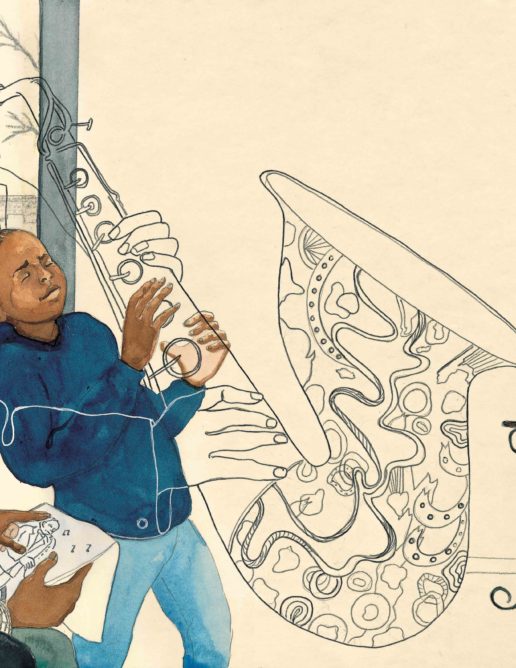
Christensen describes how poetry can be used in this moment to be something concrete — that can be felt, touched, or smelled — but also something to stir our students’ imaginations, allowing them to dream.

Christensen argues that the tight reliance on the format of the literary analysis hinders students’ imaginations, and that they should instead write “unbound” essays of risk-taking and experimentation.

I hadn’t ever planned to teach online, but the Saturday before our college campus closed because of the coronavirus pandemic, I decided to cancel our face-to-face class because one of the […]
Fourth-grade English language learners use wikis to study border issues and gain literacy skills.
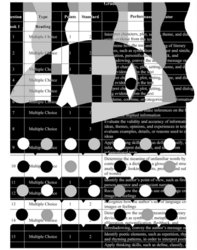
A middle school language arts teacher apologizes to her students for the states narrow and deceptive standardized test.
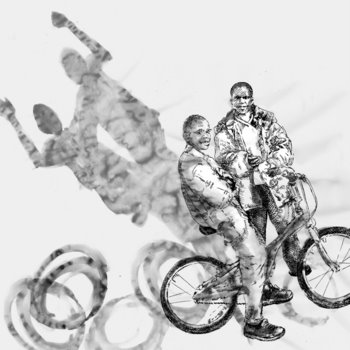
An elementary school teacher takes us inside his classroom to see how he builds on his students’ lives and passions to help them create persuasive essays.

This content is restricted to subscribers
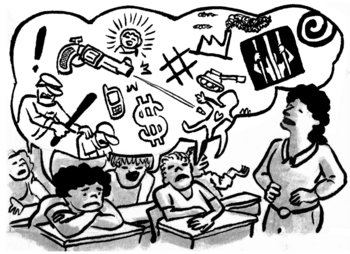
This content is restricted to subscribers
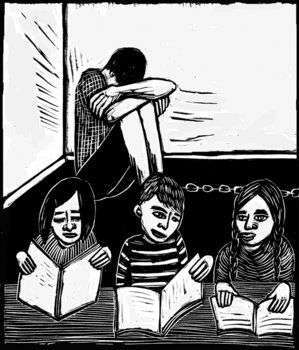
A master teacher faces a classroom revolt. She realizes that, no matter how imminent the high-stakes test, stopping the school-to-prison pipeline begins in the classroom with student-centered, meaningful curriculum.

When Chicago stole my mother’s tongue, it also stole all her yesterdays. A poet’s lyric plea for teachers to nurture their students voices and stories.

Video resources for the classroom, plus links to activist websites.

Students play a game promoted by the coal industry, then dig beneath the surface to look at the realities of mountaintop removal mining.
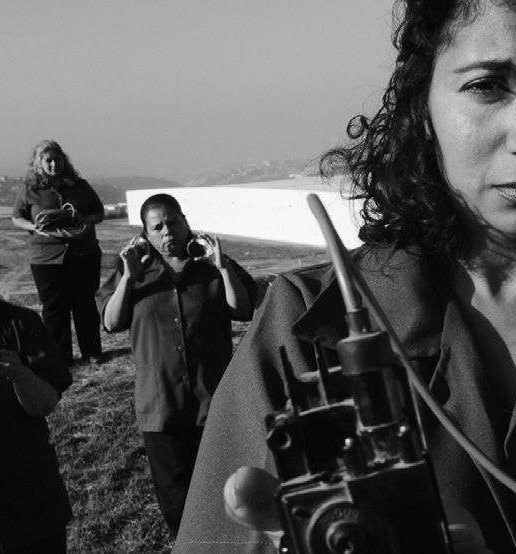
By Julie Treick O’Neill A review of the film Maquilapolis [City of Factories]
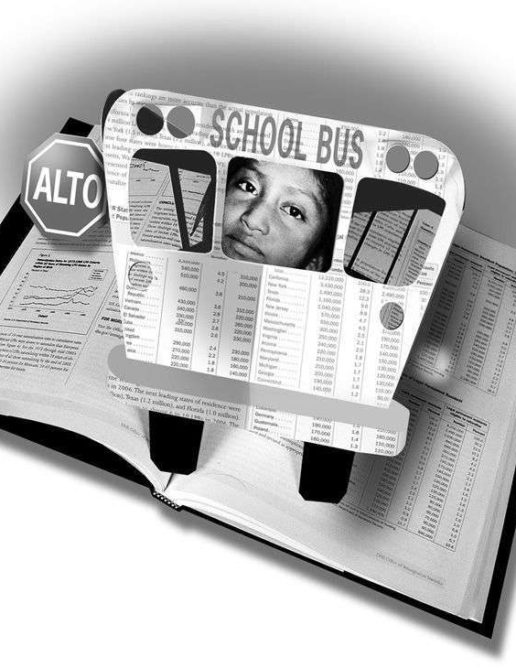
For those of us working with immigrant populations, we have in our students living examples that we can use to bring the immigration issue to the forefront and teach all of our students.
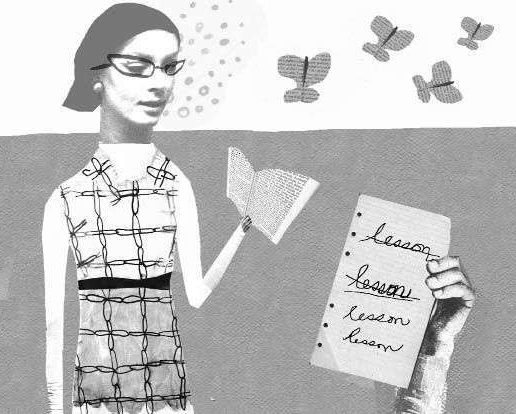
A veteran teacher laments the trend toward mandated curriculum and argues that teachers should choose materials that address students’ lives and social issues.

Children’s books that promote environmental education in the primary grades.
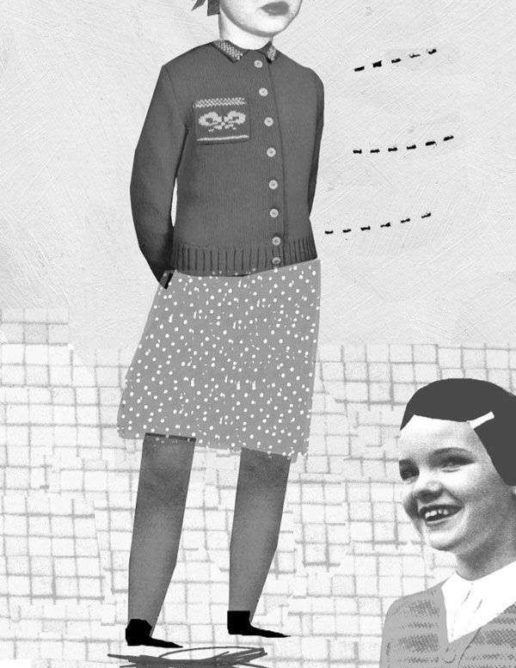
Linda Christensen gets students to write critically about clothes, class, and consumption.

Edwina did what was asked of her. Did Alaska do everything it could for her?
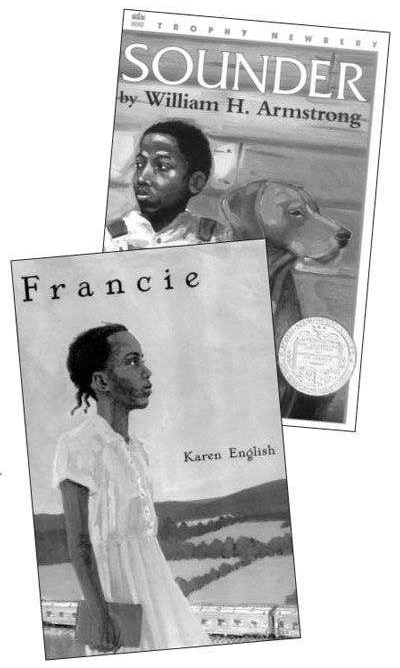
Teacher and students discover that even critically acclaimed literature can disenfranchise as well as empower.
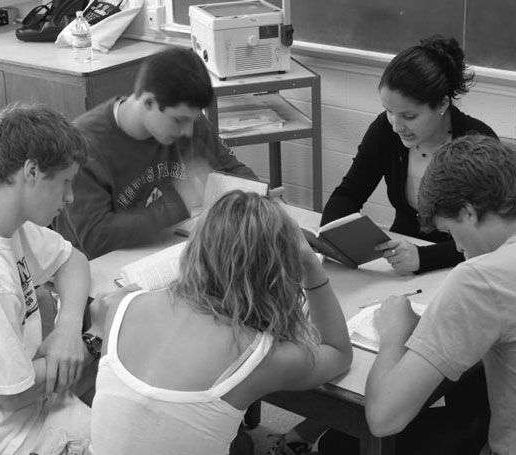
Using native Spanish speakers to instruct their classmates in more than just verbs and pronunciation.
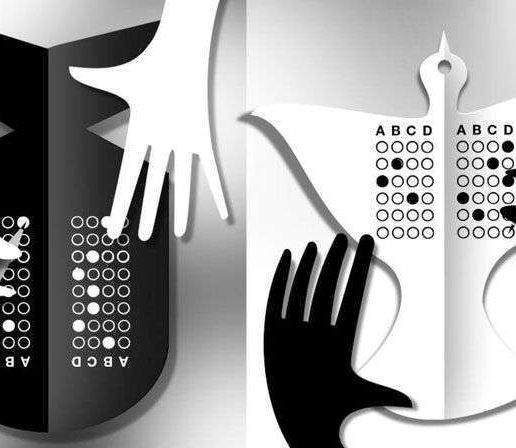
Preparing high schoolers for the Regents exam while studying the War in Iraq.